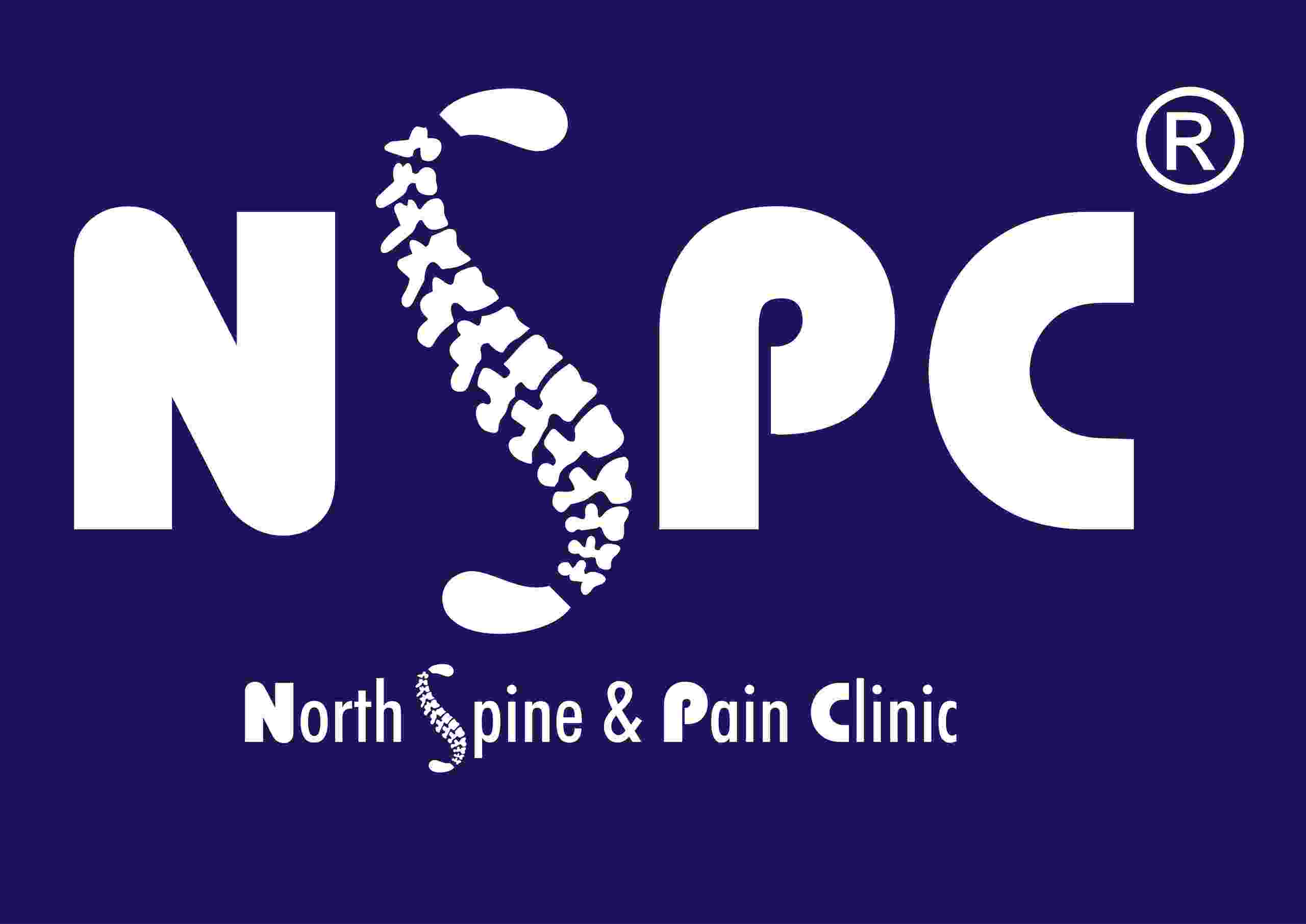
Chronic Stomach Pain | Chronic functional abdominal pain (CFAP)
Chronic Stomach Pain can also be the result of Chronic Functional Abdominal Pain (CFAP). CFAP is characterized by chronic pain, with no physical explanation or findings (no structural, infectious, or mechanical causes can be found). It is theorized that CFAP is a disorder of the nervous system where normal nociceptive nerve impulses are amplified “like a stereo system turned up too loud” resulting in pain.
Chronic Pancreatitis
Pain occurs in most patients at some stage of the disease. This may vary in intensity from mild to severe. It may last for hours or sometimes days at a time.
It often radiates through to the back and can sometimes be relieved by crouching forward. It is commonly brought on by food consumption and so patients may be afraid to eat. It is also commonly severe through the night.
The pain varies in nature, being gnawing, stabbing, aching or burning, but it tends to be constant and not to come and go in waves. It may sometimes burn itself out but can remain an ongoing problem.The pain is often difficult to diagnose and can be mistaken for pain caused by virtually any other condition arising from the abdomen or lower chest.
Chronic Pelvic Pain
Chronic pelvic pain is defined as pain that occurs below the umbilicus (belly button) that lasts for at least three to six months. It may or may not be associated with menstrual periods. Chronic pelvic pain may be a symptom caused by one or more different conditions, but in many cases is a chronic condition due to abnormal function of the nervous system.
Chronic pelvic pain (CPP) is a common problem and presents a major challenge to health care providers because of its unclear etiology, complex natural history, and poor response to therapy.
Chronic pelvic pain is poorly understood and, consequently, poorly managed. This condition is best managed using a multidisciplinary approach.
Causes of Chronic Pelvic Pain
A variety of gynecologic, gastrointestinal, urologic, musculoskeletal and body-wide disorders can cause chronic pelvic pain.
Gynecologic causes — Gynecologic causes are thought to be the cause of chronic pelvic pain in about 20 percent of women. Some of the gynecologic causes of pelvic pain include.
Endometriosis — The tissue lining the inside of the uterus is called the endometrium Endometriosis is a condition in which endometrial tissue is also present outside of the uterus. Some women with endometriosis have no symptoms, while others experience marked discomfort and pain and may have problems with fertility.
Pelvic inflammatory disease — Pelvic inflammatory disease is an infection usually caused by a sexually transmitted organism, a ruptured appendix, tuberculosis, or diverticulitis. It can involve the uterus, ovaries, and fallopian tubes (which link the ovaries and uterus). Chronic changes following pelvic inflammatory disease occur in about one-third of women and causes chronic pelvic pain. The reason for this is not clearly known, but is likely because of permanent damage to the uterus, ovaries, and fallopian tubes, and is not because of a chronic infection.
Pelvic adhesive disease-Adhesions refer to abnormal tissue that causes internal organs or structures, such as the ovaries and fallopian tubes, to adhere or stick to one another. Adhesions are abnormal reactions to surgery, infection, or inflammation, and are not normal healing like scar tissue. It is very controversial whether adhesions cause pelvic pain and medical experts are not in agreement. However, most evidence suggests that surgery for pelvic adhesive disease does not relieve pelvic pain in most women.
Other causes — Non-gynecologic causes of chronic pelvic pain may be related to the digestive system, urinary system, or to pain in the muscles and nerves in the pelvis.
Irritable bowel syndrome — Irritable bowel syndrome is a gastrointestinal condition characterized by chronic abdominal pain and altered bowel habits (such as loose stools, more frequent bowel movements with onset of pain, and pain relieved by defecation) in the absence of any specific cause.
Painful bladder syndrome and interstitial cystitis — Painful bladder syndrome and interstitial cystitis are the terms given to bladder pain that is not caused by infection. Symptoms usually include the need to urinate frequently (frequency) and a feeling of urgently needing to urinate (urgency). Some women with painful bladder syndrome have lower abdominal or pelvic pain in addition to urinary tract symptoms.
Pelvic floor pain — Symptoms of pelvic floor dysfunction may include pelvic pain, pain with urination, difficulty urinating, constipation, pain with intercourse, or frequent/urgent urination. Pelvic floor dysfunction can be diagnosed by a clinician feeling the pelvic floor muscles (muscles that support the pelvic organs and hips) through the vagina and/or rectum; muscles that feel tight, tender, or band-like indicate that pelvic floor dysfunction could be contributing to pelvic pain.
Chronic pelvic pain in men is referred to as Chronic Prostatitis/Chronic Pelvic Pain Syndrome (CP/CPPS) and is also known as chronic nonbacterial prostatitis. Men in this category have no known infection, but do have extensive pelvic pain lasting more than 3 months.
Interventional Pain and Spine Centre, Delhi, India – 110085, with its branches (contact) at Rohini, Ashok Vihar, Punjabi Bagh, Pitampura, Dwarka, Paschim Vihar (Delhi) and Rohtak (Haryana) is the most advanced Pain Management clinic (best hospital for slip disc treatment) for chronic stomach pain or pelvic pain treatment.
